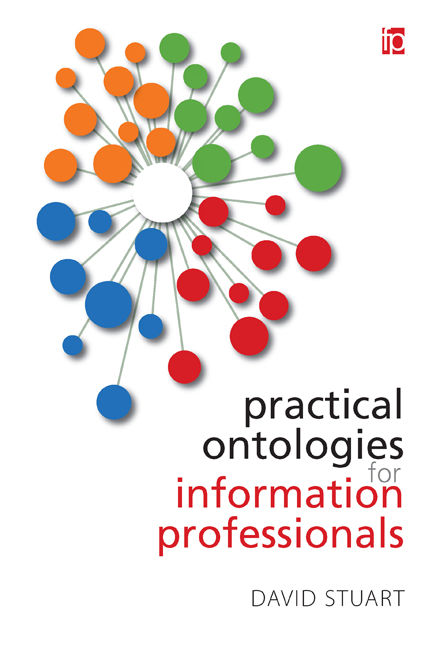Summary
Introduction
There are a large number of ontologies already available, and more are being developed all the time. This chapter primarily focuses on some of the dominant ontologies being used online. There are many additional ontologies that are associated with specific research projects but have not been more widely adopted, and ontologies that are highly subject-specific. These are generally avoided in this chapter, as there is little advantage in being aware of these ontologies unless it is your field. The one exception that has been made is the inclusion of the Bible Ontology, as the transformation of a narrative work to an ontology provides an interesting comparison with the other ontologies in this chapter, all of which, with the exception of DBpedia, are ontology element sets. The list in this chapter is the best-seller list of ontologies, ignoring the long tail of Bradfordian distribution where most ontologies have limited reuse.
After a brief note on the topic of ontology documentation, the chapter is split into four parts. The first part covers the most important ontologies that are used to construct ontologies themselves: RDF, RDFS, SKOS, and OWL2. The next part considers some of the ontologies that are associated with more traditional library and information roles, representing books and other types of resources. This is followed by a look at the upper ontology Basic Formal Ontology and two of the dominant cultural heritage data models: the Europeana Data Model, and CIDOC-Conceptual Reference Model. Finally, some of the most widely adopted ontologies on the web are considered.
Ontology documentation
When making use of existing ontologies, the information professional is likely to be met with one of two problems. Either there is very little documentation, if any, associated with an ontology, or there is a vast amount of documentation available for an ostensibly simple ontology. The lack of sufficient documentation is the bane of much of the open web, whether open data, open source software, or open ontologies, whereas the second problem can be caused by the need for ontologies to be unambiguous.
- Type
- Chapter
- Information
- Practical Ontologies for Information Professionals , pp. 53 - 78Publisher: FacetPrint publication year: 2016



